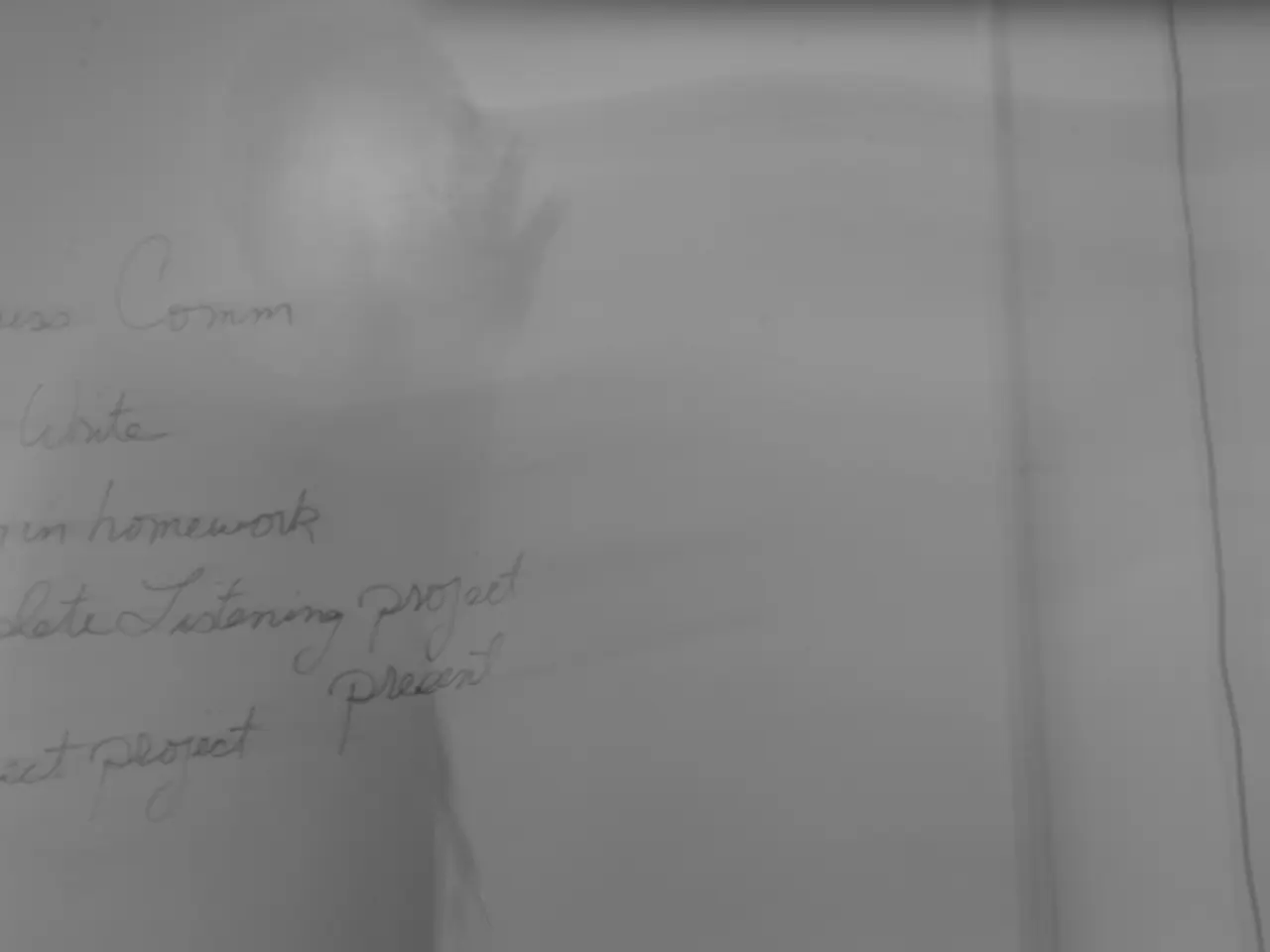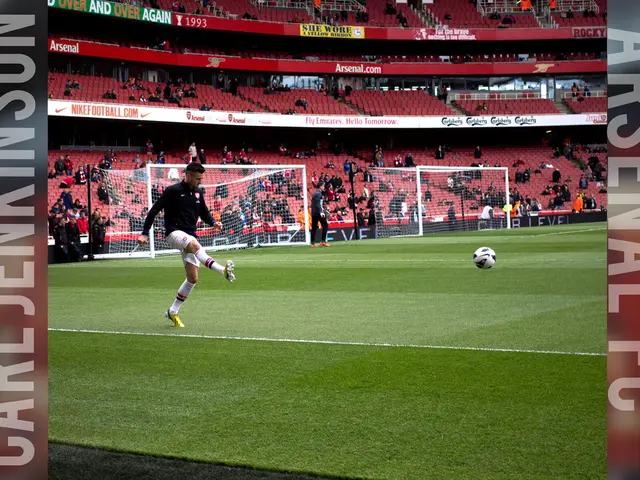Impact of the upcoming general election on your tax obligations
The Conservative and Labour parties have released their manifestos, outlining their plans for various taxes and addressing the financial challenges that lie ahead for the next government.
In a move that could impact millions of households, both parties have confirmed they will keep income tax thresholds frozen until 2028. However, with high inflation, the freeze on income tax thresholds effectively equates to a tax hike by another name.
The Labour party has proposed ending tax breaks for private schools, a move that could potentially lead to fees rising by up to 20%, on top of any inflation-related hikes. On the other hand, the Conservatives have promised a new "triple lock plus" policy for pensioners, which would increase their personal allowance annually in line with inflation, earnings growth, or 2.5% - whichever is highest.
Inheritance tax (IHT) receipts continue to surge, with £7.5 billion collected last tax year and £1.4 billion in the first two months of the 2024/2025 tax year. Both parties have pledged to crack down on the use of offshore trusts to shield assets, but neither has announced major reforms on IHT.
The Conservatives have also promised a 2p National Insurance cut if they win the election and a permanent increase in the stamp duty threshold for first-time buyers to £425,000. They have introduced a "family home tax guarantee", which includes measures such as not carrying out council tax revaluations and not raising stamp duty.
The UK is facing rising costs associated with health spending, a growing defense budget, and the transition to net zero, all of which will put a strain on the country's coffers. The Institute for Fiscal Studies (IFS) has warned that the next government will face the highest level of debt in more than 60 years and underfunded public services.
The IFS has accused both parties of a "conspiracy of silence" regarding the next government's potential financial challenges. They suggest that both manifestos are more notable for what they don't say than what they do, particularly regarding the funding of potential financial challenges.
Social associations, trade unions, and institutions like the DAK-Gesundheit and the Bertelsmann Foundation have made proposals addressing the tax financing problem for the next government. Their suggestions involve establishing a unified full insurance system for long-term care, increasing federal subsidies to health insurance funds, reforming hospital financing, and improving efficiency in healthcare structures to stabilize social contributions and manage deficits.
The next government will face a "trilemma", meaning it can either raise taxes, cut spending, or borrow more. Interest rates are at a sixteen-year high, adding to the debt burden. The IFS warns that the UK's fiscal outlook is challenging, and the next government will need to address the financial challenges head-on.
In conclusion, the UK's political parties have presented their tax and spending plans, but the road ahead is fraught with financial challenges. The next government will need to navigate these challenges carefully to maintain economic stability and provide for the needs of the nation.
Read also:
- United States tariffs pose a threat to India, necessitating the recruitment of adept negotiators or strategists, similar to those who had influenced Trump's decisions.
- Weekly happenings in the German Federal Parliament (Bundestag)
- Southwest region's most popular posts, accompanied by an inquiry:
- Discussion between Putin and Trump in Alaska could potentially overshadow Ukraine's concerns







